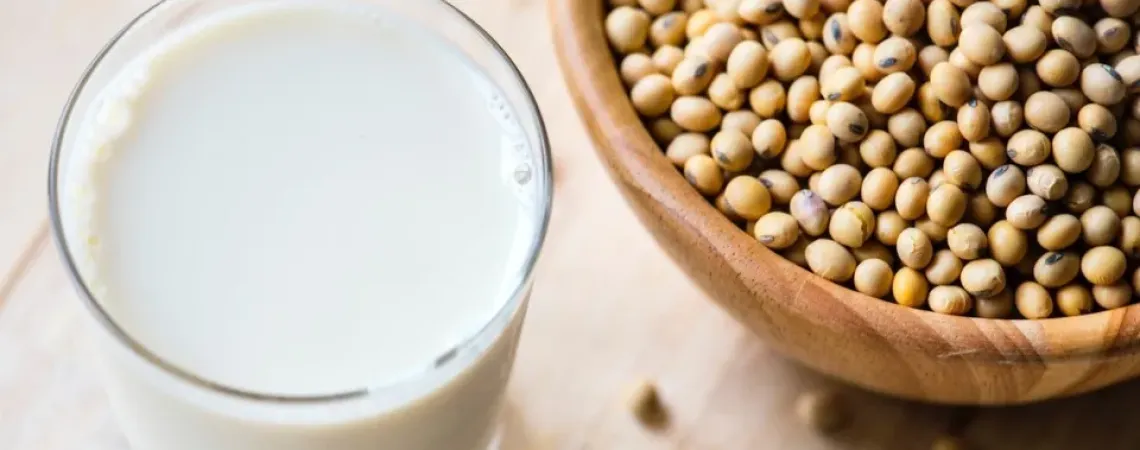
What is Soy? Understanding the Benefits and Myths
Exploring Soy: Types and Uses
Soybeans, also known as soya beans, are legumes that come from the soy plant. Soy can be found in various forms in the market, including dry or fermented beans, firm or silken tofu, soy milk, soy yogurt or pudding, miso, tempeh, soy sauce, and more.
Myth or Reality? Debunking Soy Myths
➢ Soy, Men, and Testosterone
It has been well established that consuming reasonable amounts of soy-based foods does not increase estrogen levels, disrupt hormonal balance, or reduce testosterone levels in men. Thus, there is no effect on male fertility or sexual health.
Note: Excessive consumption of soy protein can indeed lead to testosterone reduction and interfere with fertility. However, these effects are not observed with normal soy consumption, which is approximately 10-70 grams of soy protein or 60-240 mg of isoflavones per day.
Here are some examples of foods that provide the maximum soy protein or isoflavone intake per day:
- Approximately 625 ml (2 1/2 cups) of cooked soybeans or edamame
- Approximately 800 grams of tofu
- Approximately 12 glasses of 250 ml (1 cup) of soy milk
➢ Soy and Thyroid Function
Recent analysis of 14 studies suggests that consuming soy-based foods does not have harmful effects on healthy individuals with normal thyroid function.
However, it is important to note that this conclusion is based on limited evidence, as no human study has specifically investigated the direct effect of soy consumption on the thyroid gland.
So, feel free to enjoy our soy-based recipes without any concerns!





